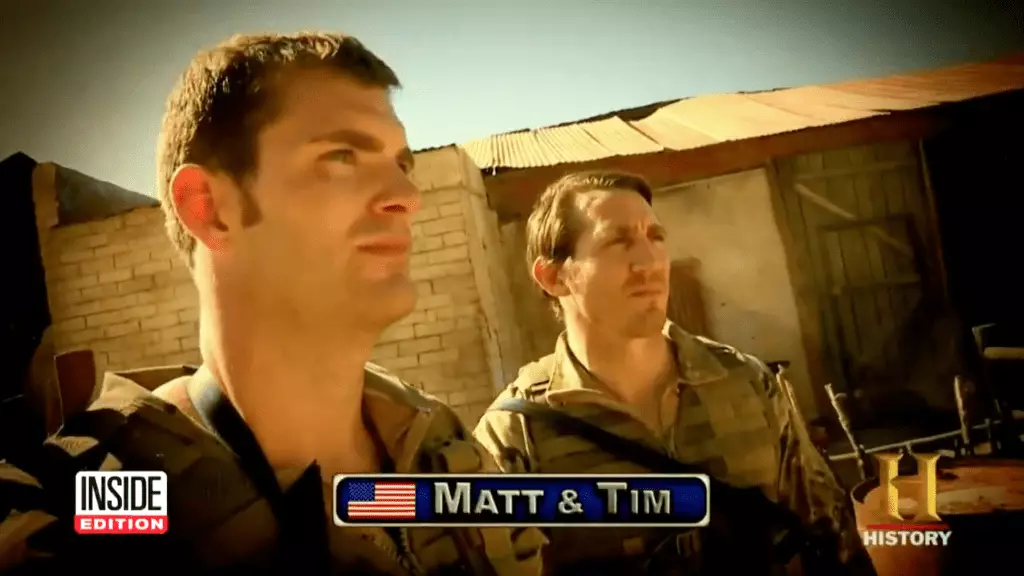In a disturbing incident that has drawn media attention, Matthew Livelsberger, a former Army Green Beret, recently became the focal point of a tragic events chain leading to his demise. On January 1, 2025, Livelsberger was found deceased in a rented Cybertruck that had exploded outside the Trump International Hotel in Las Vegas. The news of his death, alongside the explosion, signals a deep-rooted struggle with mental health issues that, unfortunately, have become increasingly prevalent among veterans.
Livelsberger was not only a veteran but had significant military credentials, including an 18Z designation, indicating his experience in special operations. The fact that he had served for 19 years in the military and earned respect and accolades highlights the pressing issue of how mental health crises often remain buried beneath layers of professional accomplishment.
Tim Kennedy, a figure well-known in the military community and a former competitor on the History Channel’s “Ultimate Soldier Challenge,” recently brought attention to Livelsberger’s story. Kennedy expressed his shock upon realizing that Livelsberger, whom he competed with over a decade ago under the name Matt Burg, was embroiled in such perilous circumstances. His emotional response to the discovery encapsulates the confusion and heartache that many feel towards the situation.
Kennedy’s journey from recognizing a friend to grappling with the notion that someone once so capable clearly struggled in silence is emblematic of the complexities faced by those who have served. The two men’s shared past in military competition adds an unexpected yet harrowing layer to Livelsberger’s story, showcasing how even the most rigorous individuals can face insurmountable battles within themselves.
Reports indicate that Livelsberger had begun to seek help for depression and PTSD months prior to the event. Such struggles are often not visible to outsiders, contributing to the stigma that surrounds mental health in the military community. U.S. officials have suggested that he left notes explaining that the explosion was meant as a “wake-up call” rather than a terrorist act, indicating that his intention was likely rooted in desperation rather than malice.
Las Vegas Police Department Assistant Sheriff Dori Koren characterized the event as a tragic suicide stemming from the unspeakable pressure many veterans face post-service. This characterization strikes at the heart of the discourse about how veterans often feel isolated despite having built lives rich in experiences.
Livelsberger’s story serves as a poignant reminder that vigilance is essential, not just in military operations but also in mental health advocacy within the community. As conversations around the veteran mental health crisis gain traction, stories like Livelsberger’s stress the importance of destigmatization and open communication. We must approach such situations with empathy and aim to provide the necessary support systems for those who have given so much to their country.
In the wake of this tragedy, it is evident that more must be done. The nation must actively participate in discussions around mental health, ensuring veterans don’t suffer in silence. Livelsberger’s case stands as a clarion call to identify, support, and prevent similar tragedies, shedding light on the darker aspects of those who protect and serve.

